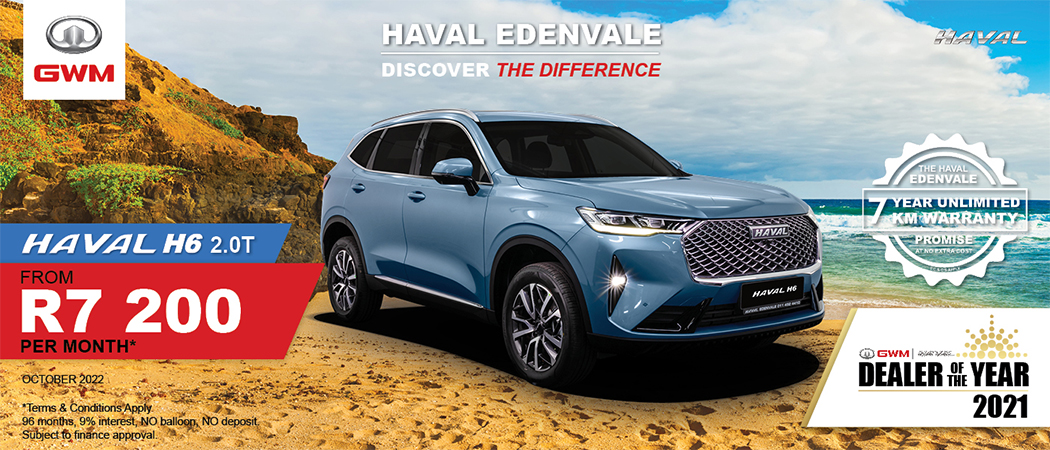CAPE TOWN – Globally, the majority of automakers have shown or are showing some sort of interest in electrification. But here in South Africa that's largely not been the case thanks to pricing and infrastructure considerations (although that appears to be slowly changing with the likes of the all-electric Jaguar I-Pace and Audi e-tron headed to local shores). Still, with fuel costs taking a hefty bite out of the average SA motorist's monthly income, is it time we start seriously considering electrification?
Well, Lexus South Africa certainly thinks so ... and has done so for some time now. And although it’s not a plug-in solution, the newly added IS300h – which joins the brand's growing stable of hybrids – still offers the potential of frugality, with its 2,5-litre four-cylinder engine (designed specifically for hybrid use) delivering power to the rear axle via a continuously variable transmission (its petrol-powered siblings, meanwhile, each employ an eight-speed torque converter).
In the IS300h, this hybrid powertrain serves up a suitably relaxed driving experience, with the petrol engine and electric motor working well together and providing its power without much of that dreaded CVT drone. Indeed, much like those in other Japanese vehicles we've sampled this year, this transmission comes across as a vast improvement over earlier examples.
The IS300h features three distinct driving modes – eco, normal and sport – with each simply adjusting the sensitivity of the throttle. An EV-mode is also available, but it functions only at speeds below 60 km/h once the battery is sufficiently charged.
Interestingly, I didn't really feel compelled to explore the IS300h's dynamic limits, despite the sedan employing the same engaging chassis we've become quite fond of in the IS350 F-Sport. Everything from the ride to the steering feel has seemingly been tweaked to render the IS300h as relaxing to drive as possible (something that may endear it to older consumers). The ride is particularly impressive considering the vehicle uses run-flat tyres, which have attracted a bad reputation when it comes to comfort.
With the IS range selling in relatively low numbers locally against its mainstream competitors, there's no denying this new hybrid version is a niche product. Indeed, it's going to be a tough sell here in South Africa, despite offering the potential of low fuel consumption (with a claimed figure of 5,0 L/100 km), generous standard specification and a comfortable ride.
While a price of R753 800 may at first seem large, it's worth noting the IS300h undercuts the BMW 330e plug-in hybrid while also offering a lengthy seven-year maintenance plan and an impressive catalogue of safety features, including adaptive cruise control and active emergency braking.
Sure, it likely won't prove very popular with South Africa's infamously brand loyal buyers (particularly in the compact sedan segment), but Lexus SA should be commended for offering the IS300h as yet another interesting vehicle in a long line of hybrid alternatives ... just as other brands start their local push towards electrification.
Original article from Car








